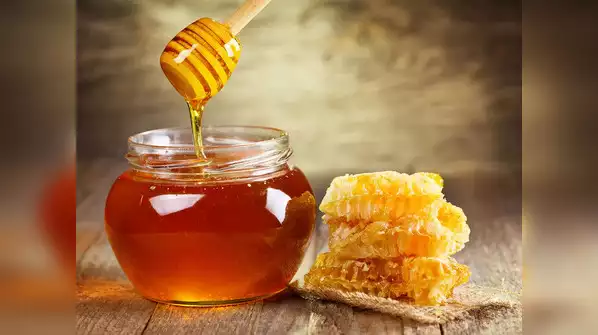Hawaii, with its unique biodiversity and pristine landscapes, serves as an ideal sanctuary for sustainable beekeeping. This lush archipelago offers more than just breathtaking vistas; it provides a rich tapestry of flora and fauna that supports thriving bee populations. As global concerns for dwindling bee numbers rise, understanding sustainable beekeeping in Hawaii becomes increasingly paramount. This practice ensures the health of bee colonies while safeguarding Hawaii’s delicate ecosystem. Dive into the essentials of sustainable beekeeping in this tropical paradise and discover how you can contribute to this vital cause.
The Importance of Bees to Hawaii’s Ecosystem
Bees play a crucial role in pollination, which is essential for plant reproduction, food production, and maintaining biodiversity. In Hawaii, bees pollinate native plants, many of which exist nowhere else on Earth. This makes protecting bee populations in Hawaii not only vital for local agriculture but also for preserving the islands' unique natural heritage.
Challenges Facing Bees in Hawaii
1. Habitat Loss: Urbanization and agricultural expansion have led to the loss of natural habitats, reducing the availability of forage for bees.
2. Pesticide Use: The use of harmful chemicals in agriculture can have devastating effects on bee health, leading to decreased populations.
3. Climate Change: Shifts in climate patterns can disrupt flowering periods and reduce food availability for bees.
4. Invasive Species: Non-native plant and animal species can threaten local flora and compete with native pollinators.
Why Choose Sustainable Beekeeping?
Sustainable beekeeping focuses on practices that support the long-term health of bee colonies and the environment. In Hawaii, this means respecting the intricate balance of nature and implementing methods that preserve the ecological integrity of the islands.
- Promotes Biodiversity: By maintaining healthy bee populations, sustainable practices support the pollination of a wide variety of plants, which is crucial for biodiversity.
- Reduces Chemical Usage: Sustainable beekeepers avoid harmful pesticides and fertilizers, opting for natural alternatives that do not harm bees.
- Enhances Ecosystem Health: Healthy bee populations contribute to robust ecosystems, which provide benefits like clean air and water, fertile soil, and climate regulation.
Practices for Sustainable Beekeeping in Hawaii
1. Natural Hive Management
Encourage the use of natural hive management techniques that mimic the bees' natural environment. This includes:
- Using naturally sourced materials for hive construction.
- Allowing bees to build comb without artificial foundations.
- Employing non-invasive methods for mite control.
2. Organic Farming Practices
Integrate organic farming practices to create a safer environment for bees. This involves:
- Eliminating synthetic pesticides and fertilizers.
- Planting diverse crops to ensure varied pollen sources.
- Using organic methods for pest management.
3. Habitat Restoration
Restore and maintain natural habitats to provide bees with ample forage. Efforts include:
- Planting native Hawaiian flora, which provides optimal nutrition for local bees.
- Creating green spaces in urban areas to support pollinators.
- Encouraging policies that protect natural landscapes from development.
4. Education and Community Engagement
Build community awareness and involvement in sustainable beekeeping. Strategies involve:
- Hosting workshops and educational programs on beekeeping techniques.
- Partnering with schools and local organizations to promote pollinator-friendly practices.
- Encouraging citizen science projects to monitor bee health and diversity.
Get Involved: Take Action for Hawaii’s Bees
The sustainability of bees in Hawaii depends on collective efforts. Here’s how you can make a difference:
- Support Local Beekeepers: Purchase honey and bee-related products from local and sustainable sources.
- Plant a Pollinator Garden: Create a haven for bees by planting native flowers and shrubs at home or in community spaces.
- Advocate for Bee-Friendly Policies: Engage with local governments to support regulations that protect bee habitats and promote sustainable agriculture.
- Spread the Word: Share information about the importance of bees and sustainable beekeeping with your network.
Conclusion
Sustainable beekeeping in Hawaii is more than a practice; it’s a commitment to preserving the islands' natural beauty and ecological health. By supporting the sustainable practices outlined above, we can ensure that Hawaii's bees continue to thrive, benefitting both the environment and the communities dependent upon them. Join the movement today and play a vital role in safeguarding our pollinators and paradise. Let’s create a future where bees flourish, and in doing so, protect the vibrant ecosystem that Hawaii is renowned for.
Call to Action
Ready to make a difference? Start by supporting local beekeeping initiatives, planting a pollinator-friendly garden, or attending a sustainable beekeeping workshop. Every action counts toward a healthier, more sustainable Hawaii for us all.
